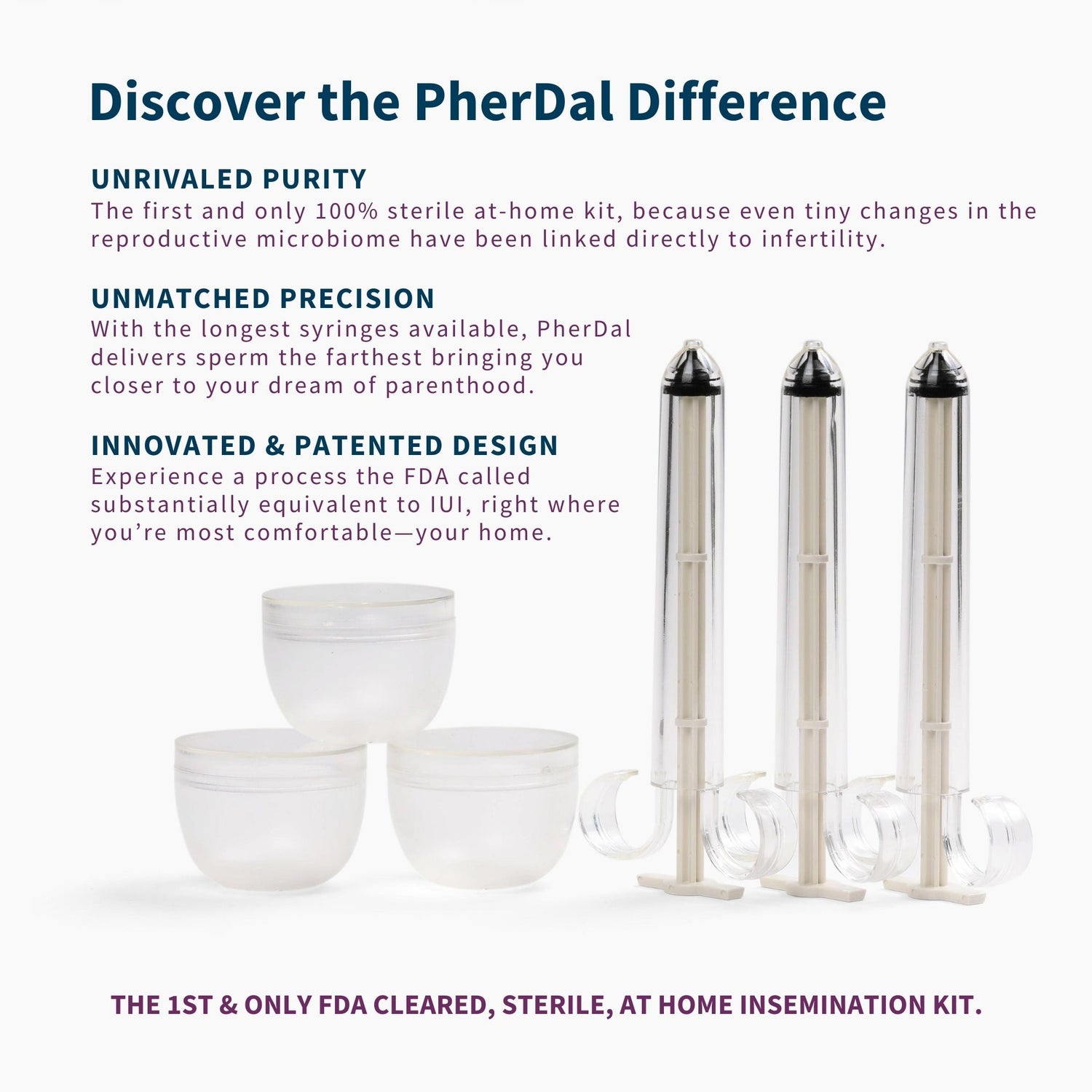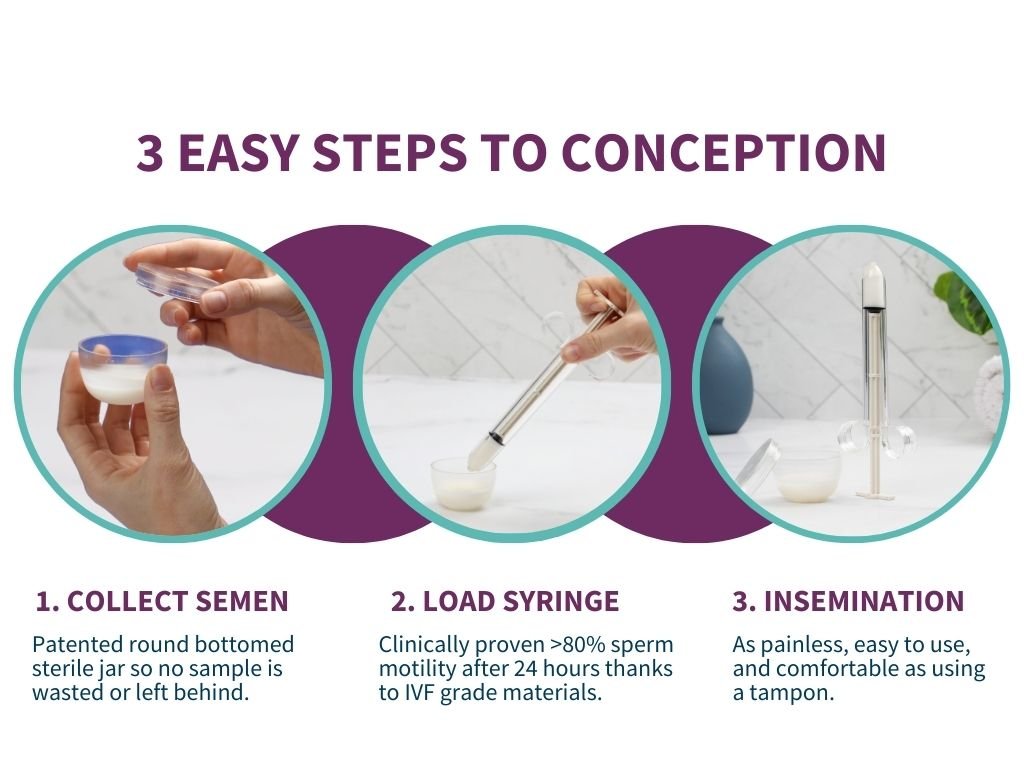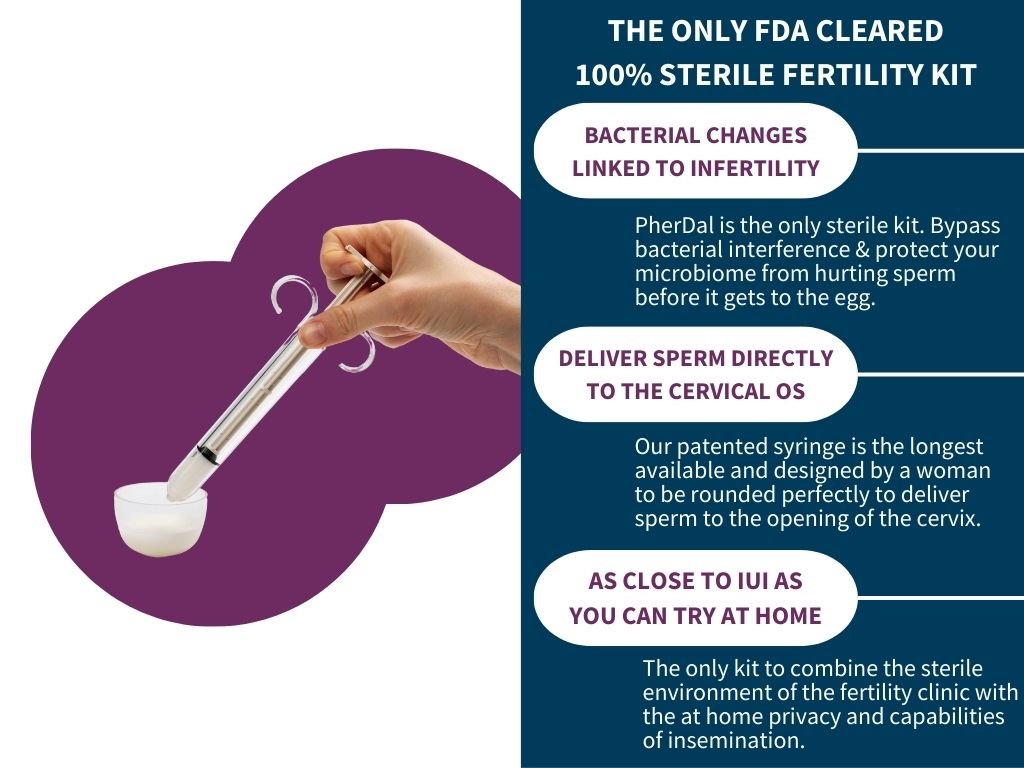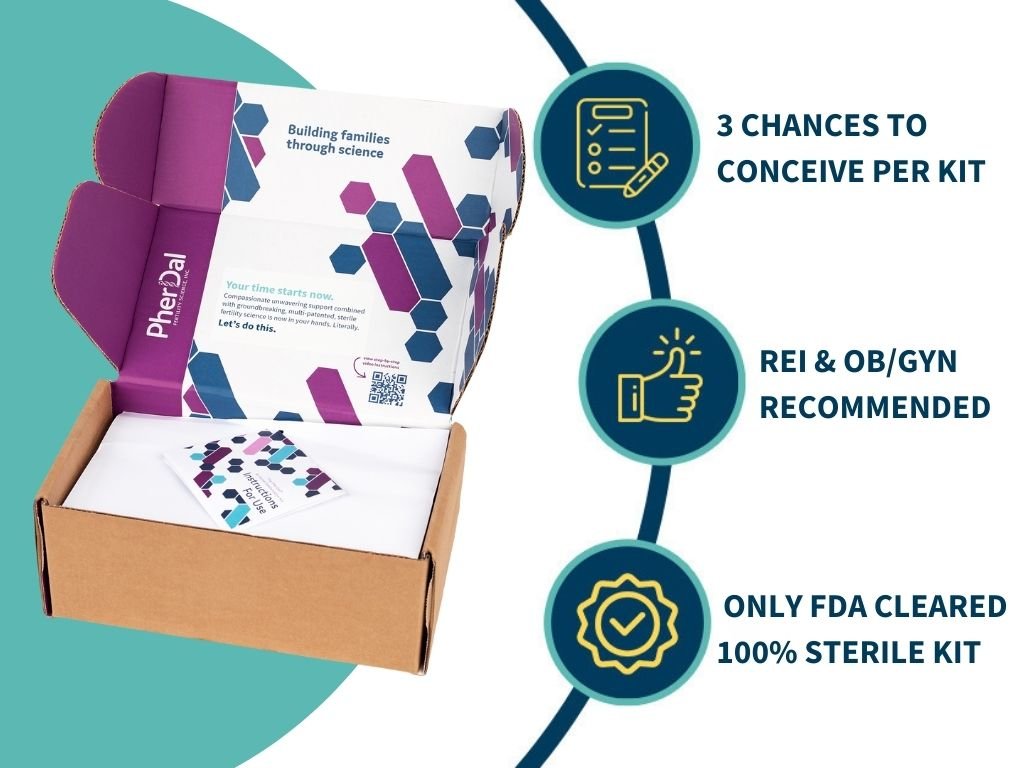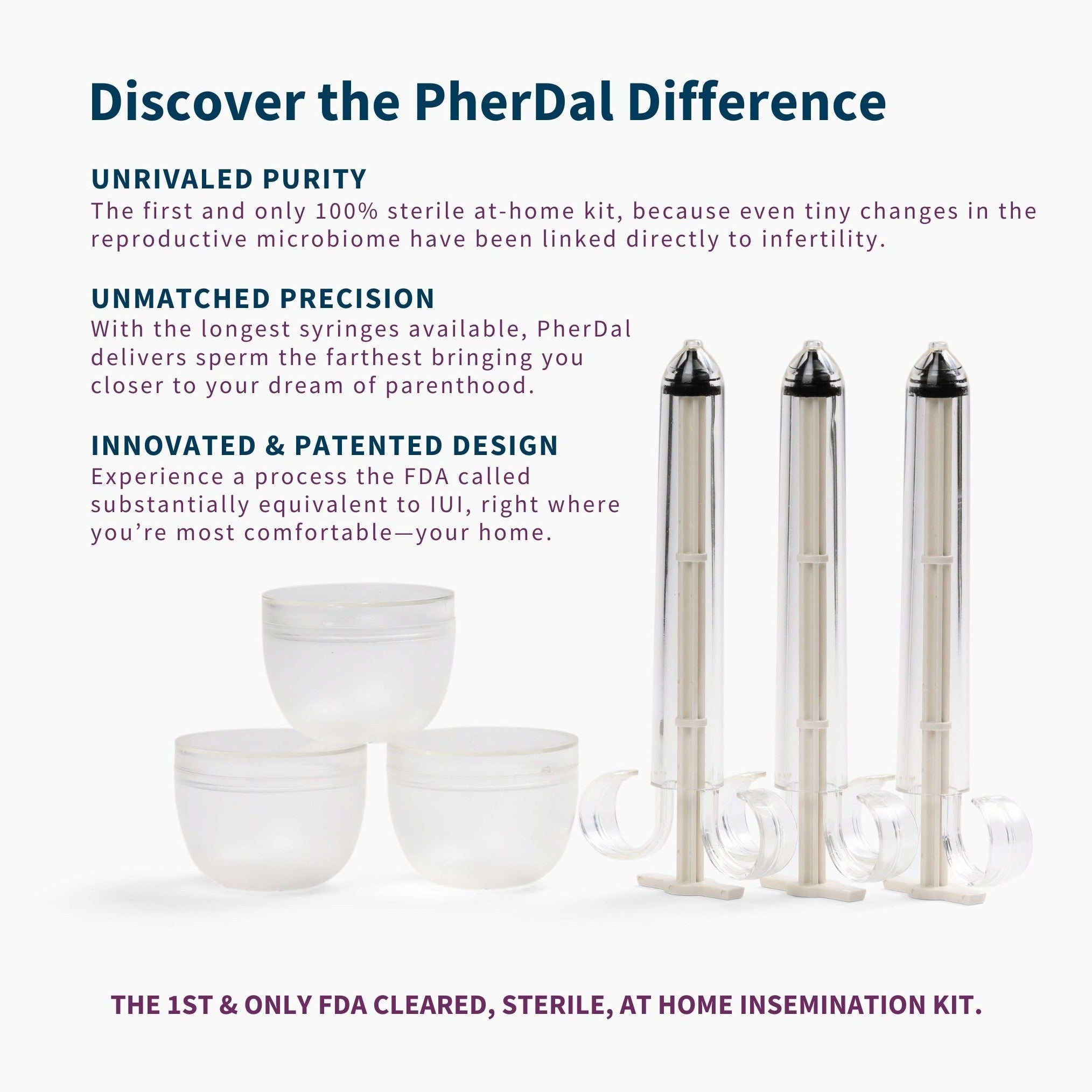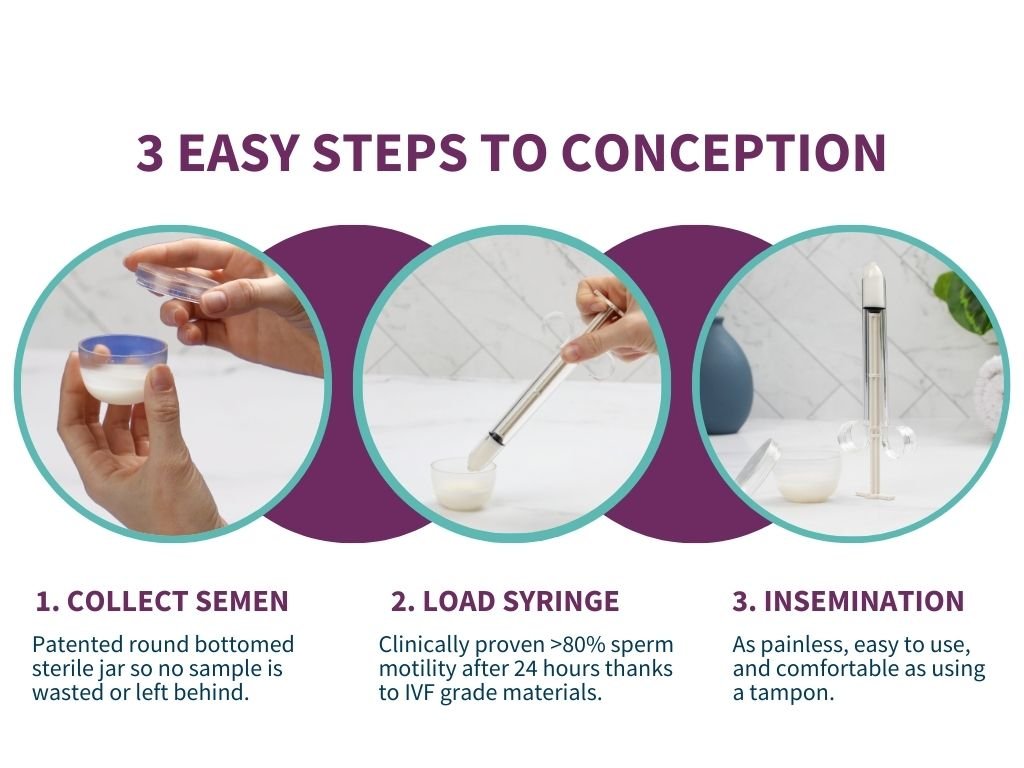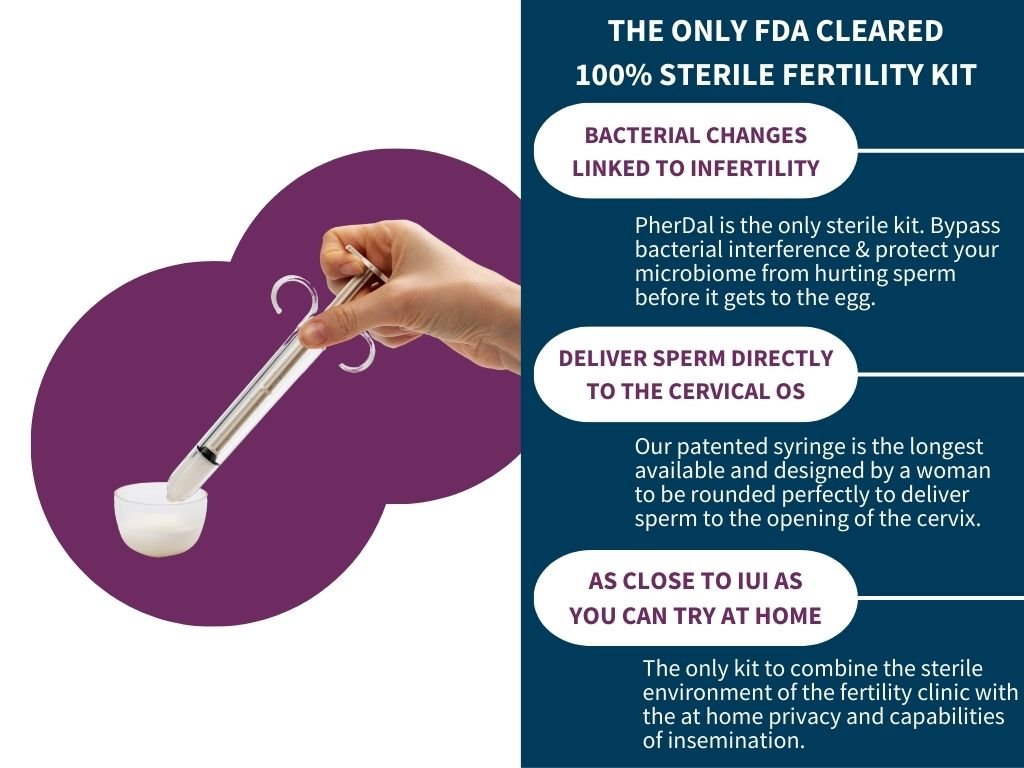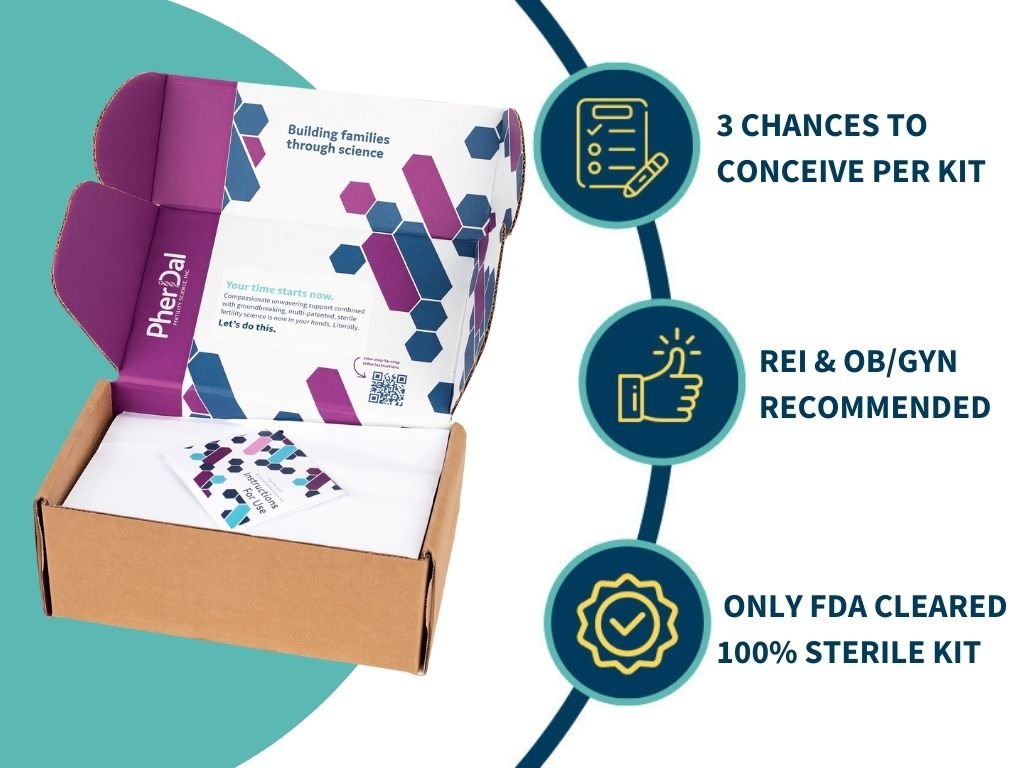Sometimes, navigating infertility can feel like walking through a maze of uncertainty – there are countless twists and turns through how to proceed and when to seek help. Plenty of people have strong opinions on what you should be doing, making things even more confusing. But one question in particular tends to weigh heavily on the shoulders of hopeful parents: does insurance cover fertility treatments?
The short answer? It depends. The long answer? It depends on several factors, such as your insurance provider, employer coverage, where you live, and even your sexual orientation (I know, annoying).
In order to determine whether or not your fertility treatments will be covered by your insurance, and to what extent, it’s important to understand what those factors are all about.
What Are the Costs of Fertility Treatment?
The emotional side of infertility is so painfully difficult, and the financial side presents its own unique challenges. Common treatments such as in vitro fertilization (IVF) are projected to average around $25,000 for just one cycle by the year 2025, with a successful outcome frequently requiring multiple rounds. Yep, $25k for one round. Some are already paying that much – for a single shot at conception.
Out-of-pocket costs have made fertility healthcare expensive to say the least. Private insurance can play a positive role in fertility treatment affordability, though the reality is that 85% of insurance companies do not fully cover infertility care through IVF (again, annoying).
Personally, my own experience with infertility led me down a similarly winding road. After over a year of trying to get pregnant without success, I sought treatment, only to learn that I needed to pay $10,000 for three months of intrauterine insemination (IUI) procedures, not including medication.
My infertility was conveniently labeled “unexplained.” This is the case for 30% of all infertility diagnoses and gives insurance providers the ability to choose whether or not they will provide coverage. That's right: an unexplained infertility diagnosis is used as justification for inaction – profit trumping people.
The typical next step in this process is IVF, which is out of the realm of possibility for many people due to its cost, as mentioned.
A recent study revealed that two out of three women under age 35 who start IVF have a baby within three rounds, while women between age 40 and 44 have only about an 11 percent chance after one round (the highest chance for this age group was at 37 percent after eight full rounds). IVF success rates rely on your age, underlying conditions, and lifestyle, so if you’re older or on the more clinically unhealthy side, the odds go down significantly.
While there are serious gaps in fertility treatment access, you could be one of the lucky ones whose medical care is fully or almost fully covered by private insurance.
How Do I Know If I’m Covered?
The first step to finding out if your specific insurance plan covers infertility treatment would be to read through the summary of benefits provided, since plans should explicitly mention fertility healthcare; if yours does not, you can connect with your insurance provider directly or with an HR representative at work.
If you have insurance through your employer, the coverage they choose to provide can affect how much you pay across your fertility journey. The amount that employer-provided insurance actually covers is case-by-case and can be a real gamble, which is why it’s crucial to familiarize yourself with your particular plan inside and out.
More companies are beginning to include infertility treatment in their medical plans for employees, to some degree; there is usually coverage for fertility testing, but more often than not, insurance stops short.
47 percent of businesses cover half the cost of one IVF round nowadays, with the remaining 53 percent covering even less than that. 31 percent of larger businesses (500 or more employees) offer “fertility coverage,” though this phrase seems to be intentionally ambiguous; any treatment beyond diagnosis is rarely included. These numbers, however imperfect, continue to grow as employers are pressured to cover what is ultimately a vital part of reproductive healthcare.
Why Do My Location and Orientation Matter?
Oddly enough, another part of infertility insurance coverage is geography. There are currently 20 states that mandate insurance companies to cover the diagnosis and treatment of infertility, with 14 of them also mandating full insurance coverage of IVF; the rest of the country does not require insurance companies to pay for patients’ infertility treatment.
Unfortunately, a few of the laws include discriminatory language that excludes single mothers by choice, LGBTQIA+ patients, and others from reaping any benefit: Arkansas, Hawaii, and Texas only necessitate insurance coverage of IVF if the couple in question is fertilizing the wife’s eggs with the husband’s sperm.
Of course, this stipulation is very limiting – it disregards situations involving a sperm donor or external surrogate (eye roll).
If technical qualifications prevent you from utilizing insurance coverage for infertility treatments, there are still ways to pay for your fertility healthcare. Organizations exist that grant struggling couples the financial backing they need to start a family.
For further clarity on state-specific legislation, check your state’s coverage details.
Long Story Short…
At least one thing is abundantly clear when it comes to insurance and infertility: it’s complicated! The amount of information on the subject can be overwhelming, Ph.D. or not. Coverage varies from person to person, and it changes with every new law passed and policy updated. What is “the norm” today could be outdated tomorrow.
Having been through this maze myself, I’m an advocate for parents feeling empowered to ask questions and take back some control of their fertility journey. This is also why I offer private 1:1 support to give people a safe place to ask questions and gain insight into the maze of infertility care. I’m an advocate for keeping those dollars in your bank account for your family and not costly treatments. I’m an advocate for choice.
Fertility is hardly one-size-fits-all, which is why the question of infertility treatment coverage is such a complex one. I started PherDal to increase access to fertility treatment tools, information, and care. With or without insurance, no matter your location, and regardless of your sexuality, we stand by you in this journey.






